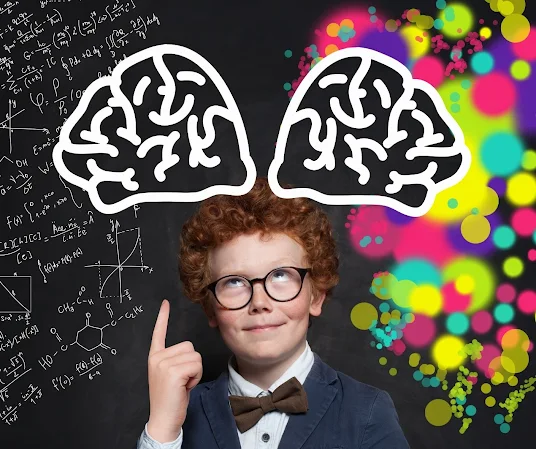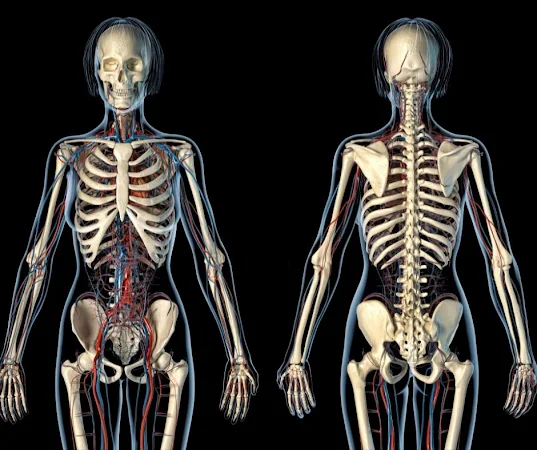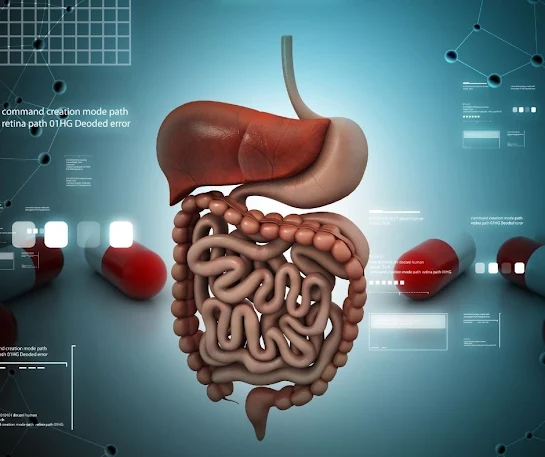It's typical to learn that water is essential for good health. Why? How much water do you need to consume per day? You're undoubtedly aware that staying dehydrated is critical when outdoor temperatures rise. But, regardless of the temperature, staying hydrated is a daily must. Sadly, many of us, especially elderly individuals, do not drink enough.
Water accounts for the bulk of your body mass and is engaged in a variety of critical tasks, including:
- Draining toxins from your body
- controlling body temperature
- promoting brain function
Most of your water consumption comes from liquids, although food also adds a tiny proportion to your everyday water intake.
Here are five reasons why you should drink enough water or other fluids every day:
Helps in Draining infections from your body
Drinking clean water is a natural approach to cleansing toxins from the body. The most acceptable remedy is pure water. Have you been feeling under the weather lately? Or are you exhausted and unable to do even the most routine daily tasks? "Toxin buildup" in your body might be the cause.
Toxins? What exactly are they? Toxins build up in your body over time. They are usually eliminated from your system by the digestive and other organs such as the liver and kidneys.
But, due to poor food and a hurried lifestyle, your body cannot completely drain out the toxins from your system.
High body toxicity signs include:
- Digestive issues (constipation, loose bowels, irritable bowel syndrome)
- Chronic weariness or fatigue
- Thyroid problems
- Acne and rashes are examples of skin problems.
- Anxiety and depression
- Migraines and frequent headaches
- Diabetes is caused by a sugar imbalance.
Toxins that are not eliminated from your system cause various health issues. The easy option is to undergo detoxification. Detox involves making extra efforts to remove the body of toxins.
The quality of your water is critical to proper detoxification. So, to cleanse your system using pure water, select the appropriate water purifier.
Water Detoxification Techniques
- Start your day with a tall glass of warm water.
- Drink at least 8 glasses of water per day.
- Avoid using plastic tumblers.
- Drink some warm water.
- Avoid drinking water during meals.
Regulates your body temperature
Your body, like your home, has an inner thermostat that regulates your inner warmth and cooling. The integumentary and circulatory systems have the most enormous effect on this system.
The human body comprises more than 70% water, and the skin helps keep this proportion within safe limits. This restricted percentage range of permissible fluid-tissue values is required to maintain a healthy acidic environment for the different chemical processes that sustain life.
When the body heats up, water held within the middle layer of the skin rises to the skin's surface as perspiration. It helps to cool the body as it evaporates.
Some experts believe that when the body has insufficient water, heat storage rises, and the body becomes less able to bear heat strain. If heat stress arises during exercise, having lots of water in the body may lessen stress on the body. More investigation into these consequences, however, is required.
Enhances Brain Functionality
Water is essential for every bodily function. And the ground-breaking study demonstrates just how adequate hydration is for good brain function(1). These cognitive advantages are just a drink of water away from enjoying clearer thinking, more significant memory, and even increased focus and concentration.
Here's everything you need to know to start drinking water for excellent brain health. Your brain needs water to function correctly because of it:
- Stabilize your levels of hormones: It aids in the production of neurochemicals, as well as the reduction of the stress hormone.
- Maintain fluid levels in your brain and spine to protect them from trauma and damage.
- Maintenance of neurogenesis and general brain cell function, including cell growth, process, and lifespan.
- Toxins and metabolic waste accumulated in the brain should be flushed out.
- Keep your blood flowing properly and transfer vitamins, minerals, and oxygen into your brain.
As water levels drop, the brain's functions and processes decrease. That's why dehydration is closely aligned with poor brain functioning, and that's why neuroscientists and brain health specialists advocate intensifying your fluid intake to support and improve your learning, thinking, and other cognitive abilities.
Three ways that drinking more water might help your brain
- You will have increased psychological well-being and a better mood.
- You'll be able to think and focus more clearly.
- You'll sleep better (and sleep deeper)
Water is good for your cardiovascular system.
Your heart continuously circulates blood throughout your body. It pumps around 7,600 gallons daily, beating 72 times per minute on average. We are all aware that sufficient hydration is essential for a healthy body. After all, our bodies contain 60% water, and we can't last more than a few days without it.
Staying hydrated allows your heart to accomplish its work more efficiently by pumping blood via your vascular system to your muscles. It, in turn, allows your muscles to perform more efficiently but can also affect your mood.
Proper hydration is especially crucial for those who already have heart problems or are at a higher risk of developing heart disease. Individuals over 50 should pay close attention to hydration to avoid overworking their hearts.
The volume of blood flowing through your body lowers when you are dehydrated. Your heart will try to make up by pounding quicker, raising your heart rate.
It strains your heart since it has to work harder than usual, hence blood pressure, so getting up may make you feel light-headed or queasy. When sufficiently hydrated, the heart can circulate blood more effectively throughout the body, reducing stress on our most vital muscles.
Water Facilitates Digestion.
Water is essential to your saliva from the start of the digestive process(1). Contrary to popular belief, drinking water before, during, and after a meal helps your body quickly break down the food you consume. And will aid digestion and allow you to get more out of your feed.
Saliva serves numerous purposes:
- It moistens your meal, making it simpler to chew and swallow.
- It is also a mode of transport for enzymes, which initiate the chemical breakdown of lipids and carbs as you chew.
Watery gastric fluids are released as food enters your stomach. These liquids also include enzymes, which break down the proteins and carbohydrates in your meals into smaller pieces, preparing them for their journey to the small intestine, where your food's digestion occurs.
Water is required to produce mucus, which covers the interior of your stomach and protects it from extremely acidic digestive fluids.
Water assists a lot of digestive processes when food travels through the small intestine:
- The intestinal lining, pancreas, and liver release watery fluids into the small bowel.
- Enzymes aid chemical processes and prepare for the absorption of digestion's end products: amino acids(proteins), fatty acids(fats), and specific sugar molecules from carbs.
- The small bowel absorbs most nutrients, which are subsequently digested and transported to the aqueous environment of your circulation.
Water is also crucial as the digestion process proceeds in the big bowel:
- Soluble fibres (found in foods such as cereals, lentils, and barley) dissolve, allowing them to inflate and add volume.
- Insoluble fibre (found in meals such as whole grains and most veggies) tends to retain and attract water instead of absorbing it, promoting regular bowel motions.
The lower colon is where your body absorbs the minerals you consume, and the fluid environment aids in their absorption.
Wrapping up
Water is essential to practically every organ in your body. Meeting your daily recommended consumption can help you retain your present state of being and may even improve your general health.
Here are some suggestions for making sure you drink enough:
- Bring a bottle of water with you everywhere you go to drink it whenever you want.
- Keep a record of your intake. Aim for optimum quantities daily, at least 50 per cent of your body weight in oz.
- Pace yourself to consume half of the recommended daily amount by lunchtime. You can always complete it an hour before going to bed.






Post a Comment